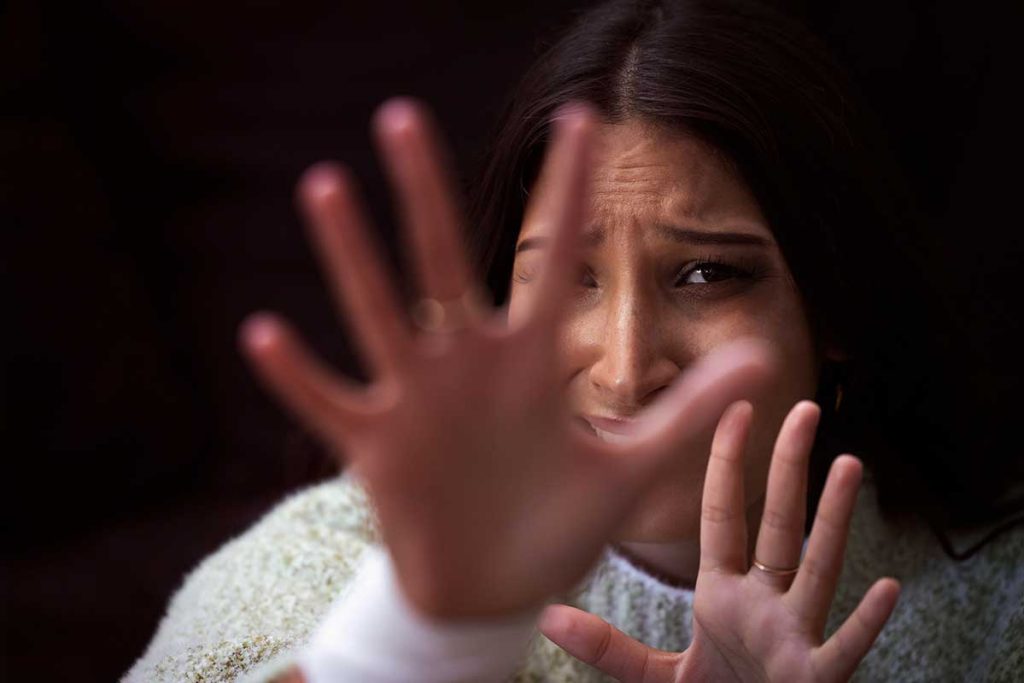Domestic abuse is a pattern of behavior involving violence, control, or other forms of abuse by one person against another in a domestic setting, such as in marriage, cohabitation, or within a family. It is fundamentally about power and control, and it can manifest in many forms, including:
- Physical Assault: Hitting, slapping, choking, or any other form of physical harm.
- Sexual Abuse: Coercion or forcing someone into sexual activity, including rape.
- Verbal Abuse: Shouting, screaming, or making degrading comments.
- Emotional and Psychological Abuse: Continual put-downs, ridicule, or attempts to make you feel worthless.
- Financial Abuse: Controlling family finances to limit your independence.
- Social Isolation: Limiting or stopping contact with friends and family.
- Coercive Control: Monitoring your movements, communications, and activities to maintain dominance.
- Irrational Jealousy: Displaying unreasonable jealousy, such as reacting violently if you smile or speak to someone of the opposite sex.
Who Are the Main Victims of Domestic Abuse?
Domestic abuse can affect anyone, regardless of age, class, occupation, culture, race, disability, sexuality, or gender. While women are predominantly the victims, men can also experience domestic abuse. Abuse in LGBTQ+ relationships is also a significant concern, and victims may face additional barriers to seeking help.
How Widespread Is Domestic Abuse?
To understand the scope of domestic abuse, consider the following statistics:
- In the UK, a significant proportion of all reported violent crimes are domestic abuse-related.
- Many victims of domestic abuse experience repeated incidents, with the abuse escalating over time.
- The police in the UK receive a call every minute reporting an incident of domestic abuse.
- Post-separation abuse is alarmingly common, with many victims facing continued verbal, physical, or sexual attacks, or threats towards themselves and their children.
How Does Domestic Abuse Affect Children?
Children are often secondary victims of domestic abuse, experiencing both physical and psychological harm. They may get hurt when trying to protect one parent from the other, and simply witnessing abuse can have profound and lasting effects. Children exposed to domestic abuse may imitate the violent behavior they observe, and many perpetrators of domestic abuse witnessed similar violence in their own childhoods.
Children affected by domestic abuse may exhibit a range of emotional and behavioral issues, including anger, self-blame, fear, loss of confidence, withdrawal, and difficulties at school. If you have left an abusive relationship, it is crucial to inform your child’s teacher and seek counseling support for your child through your GP or school.
Where Can I Get Help?
The organizations listed on the right can offer help and advice to victims and perpetrators of domestic abuse. You can also contact your local police station, Citizens Advice Bureau, or domestic abuse helplines for information on local support services and refuges.
If you have been falsely accused of domestic abuse as a way of preventing you from seeing your children or to deny you access to your home, seek legal advice immediately. You may also want to explore our section on children and family law.
How Can I Secure My Safety Now That My Ex Has Left?
Many victims suffer post-relationship abuse, but there are practical steps you can take to minimize the risk:
- If you are seriously threatened or an attack takes place, call 999. The police can move you to a place of safety if there is an immediate risk. They have the power to arrest where physical assault, serious threats, or harassment have occurred.
- Seek advice from a solicitor to obtain a court order preventing your ex from coming near you or your home. Legal aid may be available if you are not working. Click here for information on finding a solicitor.
- Ensure your home is secure and take practical steps to protect yourself when out and about. See our section on Personal Safety.
- Inform a trusted neighbour, family member, or friend who lives close to your home. Have an emergency telephone number ready in case you are worried that your ex might show up.
- If the above steps fail, consider moving to a place of safety. Seek refuge in a shelter specially provided for victims of domestic abuse. Contact your local police, Citizens Advice Bureau, or visit one of the organisations listed in our helplines section.
Do not be swayed by apologies or promises of change. Many perpetrators do not change and may attempt to manipulate you by blaming you for their actions—this does not excuse their behaviour.

